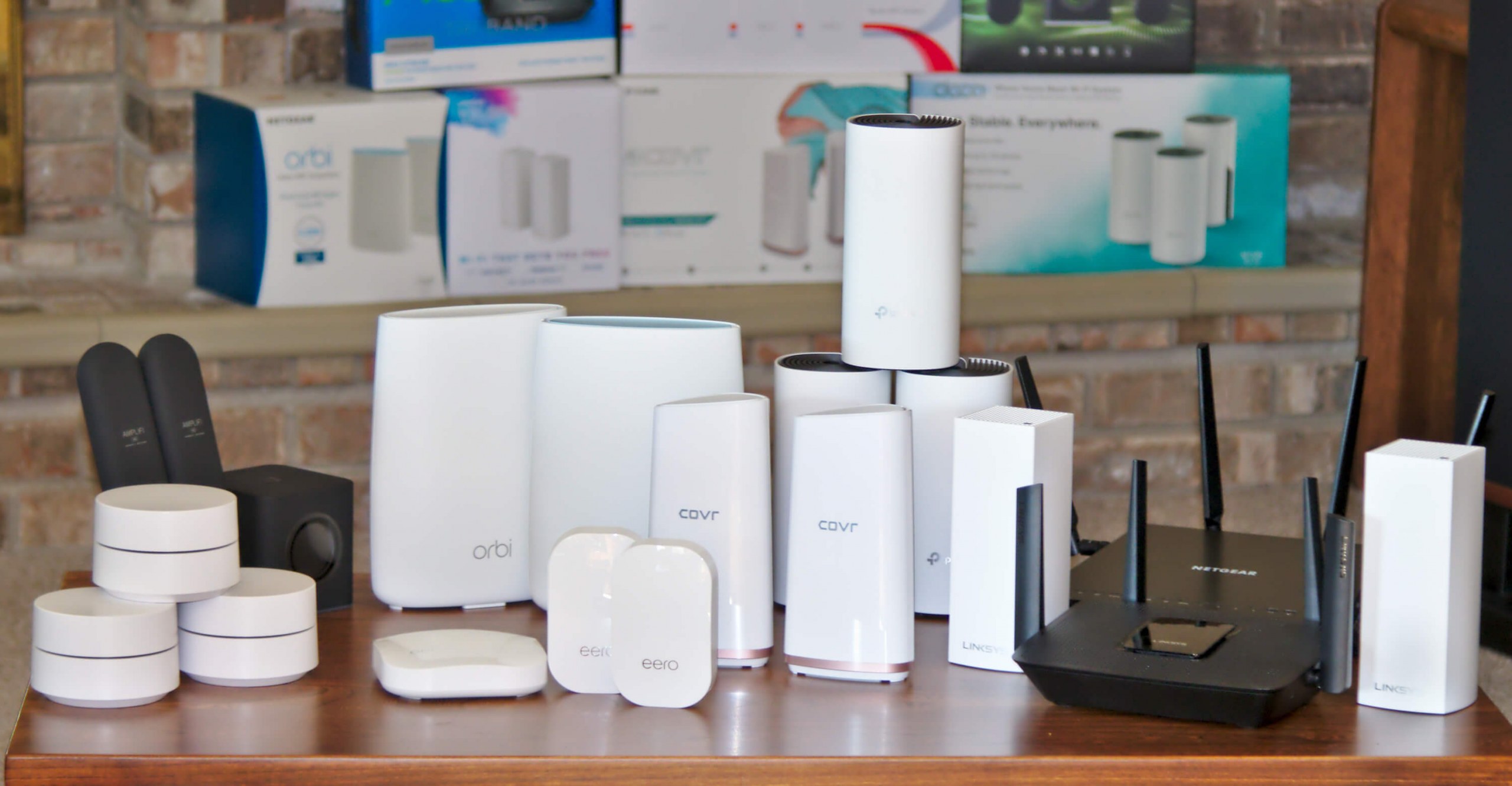You can have 5 Ghz access in open and wide spaces, the problem with 5 Ghz is that it easily gets stopped by walls and objects so when large objects (especially metal) and ofcourse strenghtened concrete items are in the way of the signal 5 Ghz will sooner fade away.
Using access points will make your range much wider and can give excellent performance.
When you use proper cat 5e cables you can easily bridge over 100 metres before issues with signal starts to appear ( only if your router is weak ) but even then you can use more access points to break that. Theoretical the range of the cables goes much further, but in my long time of networking you better make safe than sorry. You do not have the need for shielded cables if there are no high powered devices with strong radiation which can interrupt the signal.
For instance some forget that a magnetron can make enough problems to loose signal when its used. But over usage of remote devices can have the same effect like many RF keyboards, mouses and so on. However in general when you have a good brand of wifi devices you probably would have ample problems. I agree that its wise to make at least 1 access point. But it all depends how many people make use of the wifi at once and what they are doing.
With a good router you could block people from downloading movies, but also could offer customers to get a access point if they want todo such things ofcourse if they pay

.
But that makes the need of more cables needed where you could place those AP's.
So when you decide what todo make sure to make a proper cable plan and think carefull about the costs involved.
If you do it well I am sure customers will be pleased.
Ofcourse it can be costly todo it well
When you use mesh devices you can indeed get a better spread of the signal, but the risk is still that those who start looking movies and such online will use up all bandwidth of your wifi.
For those who want to look at such heavy bandwidth hungry stuff you still need a cable to avoid all loose connection.
But even with cabled connection it can be a pain, I did alot of testing with my 220 mbit provider. When I start looking mkv movies over the lan the signal for the tv used by others starts to stutter even though there is enough bandwidth, I admit this tv signal is 1080p and that is not too shabby either. But it shows that downloading/looking movies over any normal 1 gbit lan can be heavy.
